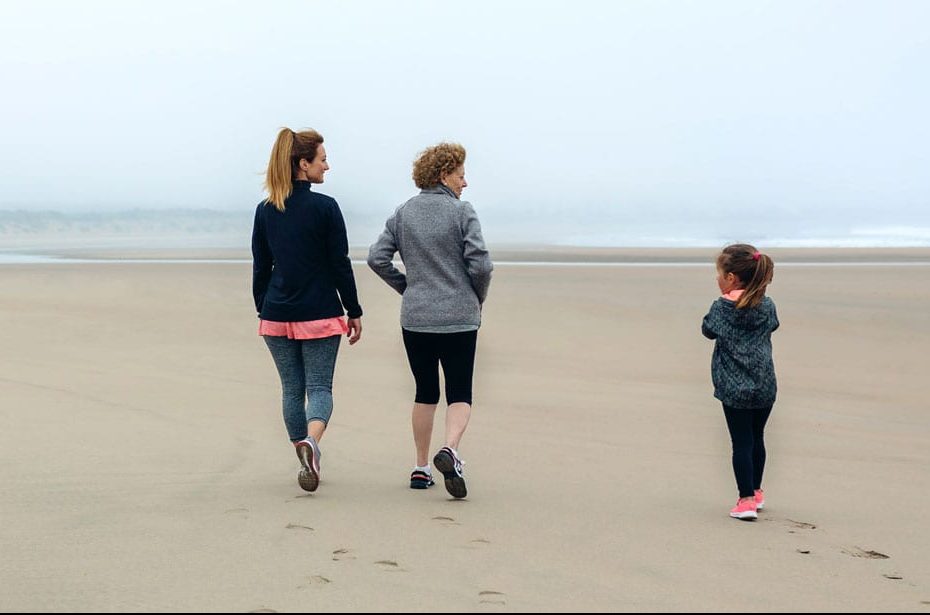
How to restore balance when you’ve hit the pandemic wall
How to Restore Balance When You've Hit the Pandemic Wall
While we’re all looking forward to a better summer, we’re not quite there. On the good days, we’re thinking about travel – some around the globe, some across town to see loved ones. On the bad, COVID fatigue and distress can make it hard to muster the energy for anything at all. Re-openings are no guarantee of instant relief and the ongoing stress and demands can stop us in our tracks. If you’ve hit a pandemic wall, whatever form that takes for you, here are a few ways to restore resilience. And as you move forward, these strategies will help keep you going.
Don't Look Down
A lesson from aerialists: when you’re on a tightrope, look straight ahead, not down at the distance to solid ground. Unfortunately, when we’re anxious and exhausted, looking down is exactly what we tend to do. We catastrophize and imagine the terrible what-ifs. While worry in tough times is natural, psychologists point out there are two kinds. Constructive worry is when we’re faced with problems, risks and uncertainty but choose to focus on what we can do rather than what we can’t. Destructive worry is when we loop the unknown and worst-case scenario over and over in our heads and regard disaster as inevitable. Do your best to recognize the difference. Awareness will help you catch yourself before worry brings you down.
Take one step forward
Tackling an entire problem or big project may not be possible, at least not right now. Taking one simple action in the direction of a larger goal can nudge us out of a hole. Psychologists confirm that the sense of accomplishment from a single small step leads toward a more optimistic outlook and provides motivation to do more. Think about your goals and wish list, then think of one thing you can do. Getting exercise and fresh air is one step that benefits emotional and physical health. Even a 10-minute walk or a short stretch break relieves stress and boosts energy and focus. If you haven’t already, book your vaccine. It’s a small step with a very big impact.
Reach out
Just when we’ve needed our support systems most, this year has disrupted contact with the people, places and activities that nourish our well-being. Our connections are lifelines but despite good intentions and virtual options, some may have slipped as the pandemic continued. When we’re in a dark and discouraged mood, it’s tempting to retreat even more.
Now is the time to reach out to friends, family and colleagues. Reconnect with a community you’ve missed –a club, team, class or favourite coffee shop. Some people in our lives offer a strong shoulder and understanding ear when we need to talk. Others give us a lift with a laugh, a memory and escape from our cares. Both kinds of connections are good for our health.
Sometimes our personal circle is not enough. Sometimes we need the advice, support and coping tools a professional can provide. Don’t hesitate to reach out if you’re feeling overwhelmed.
Canadian Mental Health Association (CMHA)
Centre for Addiction and Mental Health (CAMH)
If you’re a Health Plus plan member, you have access to extensive free professional Wellness Resources including confidential individual and group counselling, and self-directed resources for stress management.
Despite hope on the horizon, the pandemic wall is real. The best way through is to do what we can and take care of our mental health. It’s essential to regain the ability to thrive.
This Wellness Moment is from Health Plus Insurance. While we offer information about healthy living, it is not meant to provide professional advice. If you feel you need medical advice, please consult a qualified health care professional. From our family to yours, take care. If you have a comment on these ideas or more to share, please send us a note. We’re always glad to hear from you info@healthplusinsurance.ca.









